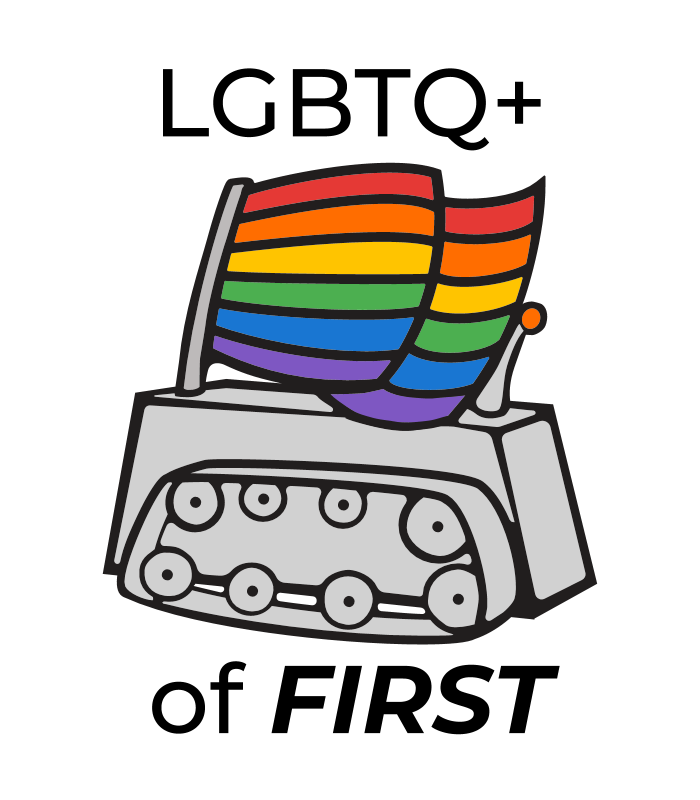|
The experience of overt discrimination is a familiar one. Slurs, harassment and the like are unfortunately all too common. A problem that is distinctly harder to notice is the phenomenon of subconscious bias. While sometimes difficult to detect, confronting and stopping it is crucial to ensure that you are being treated fairly by your FIRST team and your coaches. The purpose of this post is to provide some information about unconscious bias and hopefully help you protect yourself from it What is unconscious bias? As defined by The LGBTA national diversity council, unconscious bias is “an unquestioned or automatic assumption about an individual, usually based on positive or negative traits is associated with a group they belong to, that prevents them from treating them as an individual”. It can take the form of having ideas ignored, being overlooked in determining leadership or generally receiving less respect. Everyone holds some form of unconscious bias, but it is important to recognise it and not allow it to affect your actions. LGBT+ people are unfortunately often targets of this form of discrimination What causes it? While the cause of each person’s specific bias is unique, bias often arises when you are confronted with an identity or lifestyle you are unfamiliar with. Many older adults were raised in a time when the LGBT+ rights movement was just getting started, a time when having a non-conforming identity was still considered by the mainstream to be strange. It is for this reason that often times it is older adults from conservative backgrounds that are the source of this bias. However, discrimination can come from anyone from any background What should you do? This depends on the type of bias you are facing.
Jokes are some of the most common examples of unconscious bias coming out; most are made without malicious intent, but they still reinforce stereotypes. Jokes can sometimes be harder to defend yourself from then direct attacks, as when you try to shut down a joke you are often labelled a “buzzkill.” If someone makes this kind of joke, there are two main ways of dealing with it. The first is calling them in the group setting, this strategy creates a more public message that this kind of humour is not ok, but this may put the person on the defensive. A simple “I don’t appreciate those kinds of jokes” should suffice. The other option is to wait until you can speak to the person one-on-one, this allows you to talk to them without potentially embarrassing them, but you lose the opportunity for a larger learning moment for your team. Make the decision you think is best for your team and your circumstance. The most important thing to do is to use one of these strategies the first time you hear one of these jokes. These jokes can quickly spread out of control so it’s important to nip it in the bud. Another way unconscious bias can manifest itself is in the relationship between LGBT+ team members and their teammates. Often times the discomfort that people feel towards an identity they are unfamiliar with can manifest itself as consistent disregard for another’s opinion or instruction. This can result in you not really getting a say in team meetings or having people you are supposed to be leading not listening to you. This is unacceptable; You should receive just as much respect for your input or ideas regardless of your identity. The most important step to combatting this form of bias is to make sure there is a legitimate reason whenever your idea is rejected. If you notice a trend of you or your ideas consistently being ignored or rejected without good reason, talk to your coaches, or the infracting member if you’re comfortable. Often times when people realise they are being biassed they will attempt to correct their actions. If not, your coaches should be able to help. One of the most damaging ways bias can present itself is in the selection of leadership. LGBT+ members can often be looked over for leadership due to unconscious bias. If you are ever either not selected for leadership, or get a position you do not enjoy, always ask why that is the case. If the reason you are provided is not satisfactory it may be because of your identity. This problem is, unfortunately, one of the harder to prevent and most difficult to identify forms of unconscious bias. If you suspect that your identity impacted how your position on the team was determined, speak with the coaches. If you receive a hostile or unhelpful response, you can contact your school administration if you attend a public school. You can also contact FIRST’s Youth Protection Program; they can help with cases of discrimination. In all cases, if you cannot solve the problem through your team or school then contact the FIRST youth protection program; discrimination violates FIRST policy. If to go to a public school, you can also contact your local ACLU; any form of discrimination is illegal. I hope this guide was both helpful and informative. We here at the blog would be more than willing to help with any specific questions. |
About LGBTQ+ of FIRST
LGBTQ+ of FIRST is a student run organization that advocates awareness and acceptance of LGBTQ+ students, mentors, and volunteers of FIRST Robotics. LGBTQ+ of FIRST reaches out to over 1000 members across the FIRST regions and fronts multiple outreach endeavors. Archives
June 2024
Categories
All
|


 RSS Feed
RSS Feed
